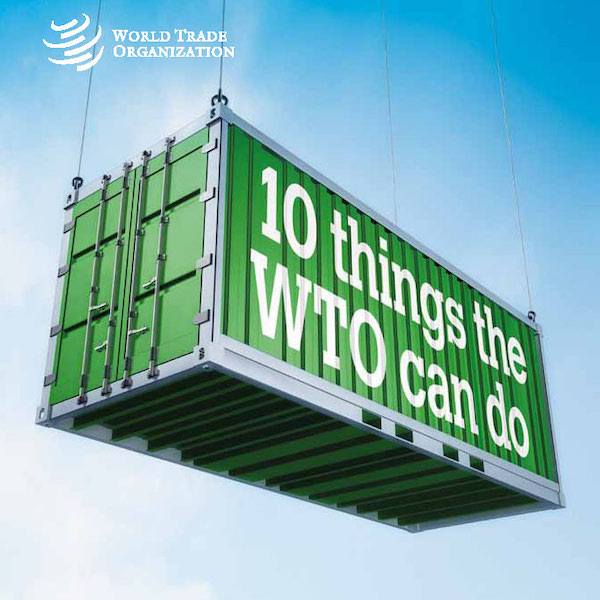Venezuela and the Curse of Oil
Share

With Venezuela home to the world’s largest crude oil reserves you’d be forgiven for thinking the country’s people must enjoy a super high standard of living. Sadly, however, due to chronic mismanagement and corruption, the black gold has benefitted a select few only, with ordinary citizens currently wrestling with hyper-inflation, violent crime and food shortages. With the country firmly in the grip of an economic crisis, efforts have been made to boost oil production. Yet, the same shifty dynamics, seemingly hardwired into the Venezuelan political psyche, still stubbornly prevail. Halliburton,
This is perhaps best evidenced by the torrid tale of the state oil company, Petróleos de Venezuela, S.A (PDVSA), having issued a tender for a $4.5 billion dollar Orinoco Belt project. The contract was inexplicably won by an inexperienced and inadequately capitalized firm, Trenaco, despite interest from world industry leaders, such as Weatherford and Schlumberger. As it turned out, only Schlumberger ultimately submitted an offer in time, but this was disqualified by the tender committee on the spurious and nebulous grounds that it “did not accept the conditions and terms of the type of contract”.
It is entirely likely this rejection had everything to do with Schlumberger’s proposed financing scheme relying on paying off outstanding dividends PDVSA owes to the joint ventures. Consequently, foreign joint venture partners, like Rosneft, Repsol and Chevron, became distinctly uneasy about their interests and the risk of exposure to regulatory scrutiny in their home markets. Yet, such partners are generally impotent to do much more than protest about it, given that the state always retains a minimum sixty percent stake in all such endeavours. Going forward, however, the partners seem determined to secure more control over the contracts they strike.
“Information came to light, though, that Trenaco were so sure of obtaining the contract, despite their lack of credentials, that they bought equipment and hired staff in advance of the decision being made.”
This doesn’t look good, and when combined with the fact that likely Trenaco linchpin, Alex Saab, had high level contacts within the Maduro Government, starts to look very fishy indeed. The long and the short of it was that foreign partners held firm in their opposition to the deal and so it collapsed earlier this year, with Trenaco thereafter going into liquidation. With the opposition to President Maduro’s socialist government now controlling the National Assembly, there are hopes that the tide of corruption may soon begin to turn, and it’s certainly the case that with oil constituting 94% of Venezuela’s export earnings, its importance to the country’s prosperity means the PDVSA house has to be put in order.
The state oil company itself points to a series of steps it has taken to address the culture of corruption. These include an improved internal ethics code, as well as new payment procedures and controls. The jury’s currently out on whether such measures will prevent a repeat of the recent Trenaco debacle, marked by nepotism and secret high level meetings. It’s likely we won’t have too long to wait to find out: PDVSA is currently preparing a new tender for drilling in the Orinoco Belt.


























